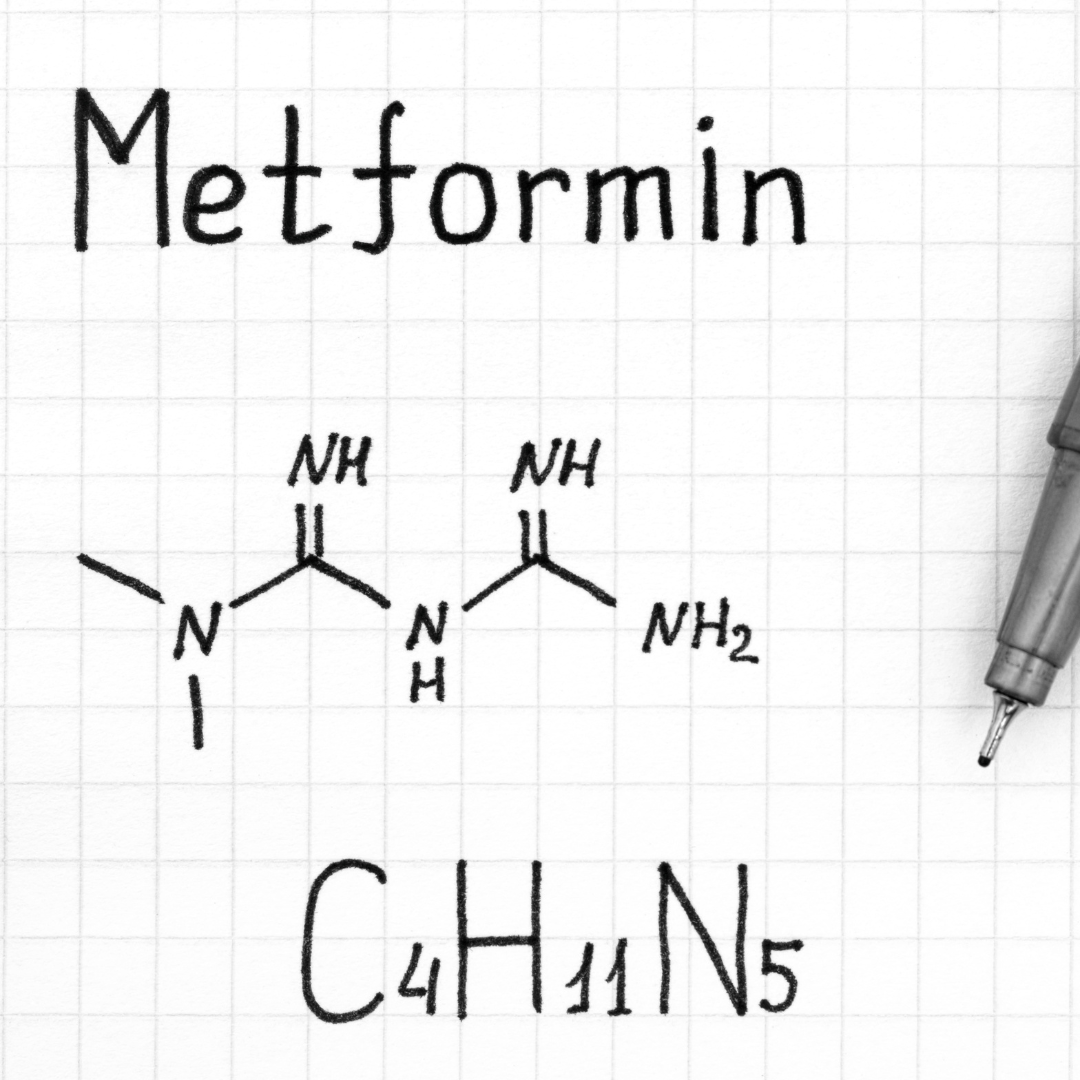Berberine is a natural compound found in various plants such as Barberry, Goldenseal, and Oregon grape. It has been used in traditional Chinese and Ayurvedic medicine for centuries to treat a variety of ailments, including digestive issues, infections, and inflammation.

However, recent research has shown that Berberine may also have significant benefits for people with diabetes and metabolic syndrome, making it a potential alternative to the popular drug, Metformin.
Metformin is one of the most commonly prescribed drugs for people with Type 2 diabetes. It works by reducing the amount of glucose produced by the liver and increasing insulin sensitivity. However, it can also cause side effects such as gastrointestinal distress and vitamin B12 deficiency. This is where Berberine comes in. Berberine has been shown to have a similar effect on glucose metabolism as Metformin, but with fewer side effects.

In fact, one study conducted in 2008 compared the effects of Berberine and Metformin in patients with Type 2 diabetes. The study found that both treatments significantly reduced fasting blood glucose levels, but Berberine had fewer side effects and was better tolerated by the patients. Another study published in the Journal of Clinical Endocrinology & Metabolism in 2012 found that Berberine was just as effective as Metformin in lowering blood glucose levels in patients with Metabolic Syndrome.
Other Benefits
Another benefit of Berberine is its ability to improve lipid metabolism. In a randomized, double-blind, placebo-controlled trial conducted in 2015, researchers found that Berberine supplementation significantly reduced LDL cholesterol and triglyceride levels in patients with Metabolic Syndrome. The study also found that Berberine improved insulin sensitivity and reduced inflammation in the body.
Furthermore, Berberine has been shown to have beneficial effects on other aspects of health, including weight loss and gut health.One study conducted in 2012 found that Berberine supplementation led to significant weight loss in obese individuals. Another study published in the Journal of Ethnopharmacology in 2015 found that Berberine had antimicrobial and anti-inflammatory effects on the gut, which could help improve digestive health.

Why choose Dihydrioberberine?
Dihydroberberine, also known as DHBB, is a modified form of the popular natural compound berberine.
What sets DHBB apart is its superior bioavailability, meaning it can be more easily absorbed by the body and exert its therapeutic effects. DHBB has been shown to have stronger antioxidant and anti-inflammatory properties compared to berberine, making it a promising candidate for various health conditions. Additionally, DHBB has a longer half-life in the body than berberine, meaning its effects may last longer. Overall, DHBB's enhanced bioavailability and stronger antioxidant and anti-inflammatory activity make it a potentially more effective option for a Berberine Supplement.

As with any supplement or medication, it is important to consult with a healthcare professional before starting Berberine supplementation.
-
Yin J, et al. Efficacy of berberine in patients with type 2 diabetes mellitus. Metabolism. 2008 May;57(5):712-7. doi: 10.1016/j.metabol.2008.01.013. PMID: 18442638. Link: https://pubmed.ncbi.nlm.nih.gov/18442638/
-
Hu Y, et al. Effects of berberine on blood glucose in patients with type 2 diabetes mellitus: a systematic literature review and a meta-analysis. Endocr J. 2019 Aug 29;66(8):51-63. doi: 10.1507/endocrj.EJ19-0199. PMID: 31155541. Link: https://pubmed.ncbi.nlm.nih.gov/31155541/
-
Zhang Y, et al. Treatment of type 2 diabetes and dyslipidemia with the natural plant alkaloid berberine. J Clin Endocrinol Metab. 2008 Jul;93(7):2559-65. doi: 10.1210/jc.2007-
-
Dong H, et al. Berberine in the treatment of type 2 diabetes mellitus: a systemic review and meta-analysis. Evid Based Complement Alternat Med. 2012;2012:591654. doi: 10.1155/2012/591654. Epub 2012 Sep 10. PMID: 23008741; PMCID: PMC3447237. Link: https://www.ncbi.nlm.nih.gov/pmc/articles/PMC3447237/
-
Liu H, et al. Berberine improves glucose metabolism in diabetic rats by inhibition of hepatic gluconeogenesis. PLoS One. 2012;7(12):e52474. doi: 10.1371/journal.pone.0052474. Epub 2012 Dec 18. PMID: 23284991; PMCID: PMC3520953. Link: https://www.ncbi.nlm.nih.gov/pmc/articles/PMC3520953/
-
Derosa G, et al. Effects of berberine on lipid profile in subjects with low cardiovascular risk. Expert Opin Biol Ther. 2013 Feb;13(2):475-82. doi: 10.1517/14712598.2013.759885. Epub 2013 Jan 10. PMID: 23305585. Link: https://pubmed.ncbi.nlm.nih.gov/23305585/
-
Feng R, et al. Berberine in cardiovascular and metabolic diseases: from mechanisms to therapeutics. Theranostics. 2019 Apr 13;9(9):1923-1951. doi: 10.7150/thno.30771. PMID: 31131057; PMCID: PMC6514916. Link: https://www.ncbi.nlm.nih.gov/pmc/articles/PMC6514916/


